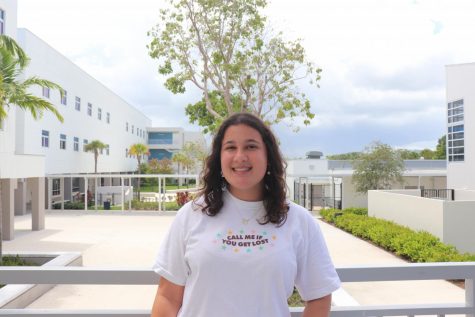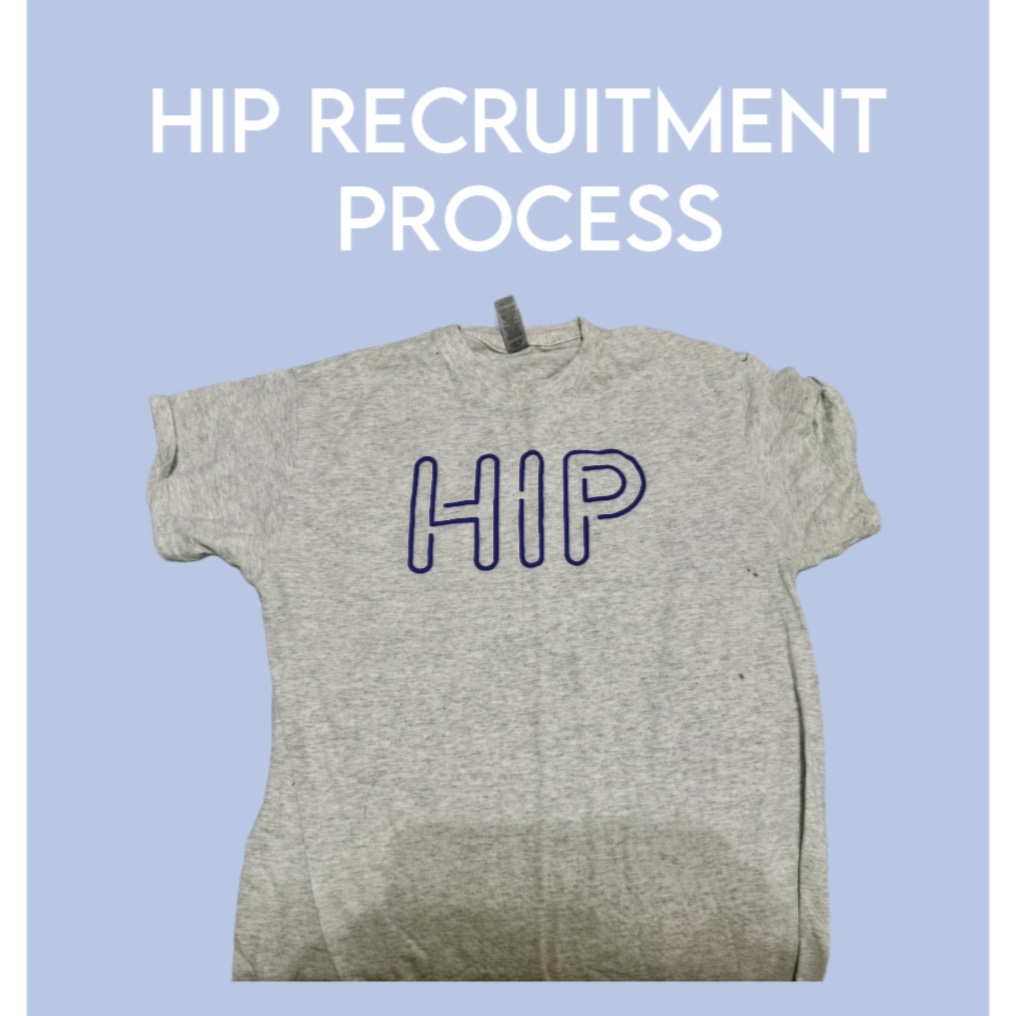The Role of Social Media in COVID-19
April 12, 2020
As COVID-19 continues to spread at an alarming rate, so has misinformation on social media. In the beginning of the year, politicians and elected officials downplayed the threat of the virus, causing the media organizations that support them to relay this information to the public. Misinformation has even originated at the state level, with statements such as the one made by an Okeechobee County Commissioner claiming that hot air from a blow dryer could treat COVID-19 going viral.
“Social media has caused people to be more fearful because lots of contradictory information has spread,” sophomore and Interact Social Media Manager Hayley Glassman said. “Eye-catching posts spread the fastest, not the ones with the most accurate information, which has added to the spread of misinformation.”
Social media algorithms prioritize posts that users are most likely to engage with, not the ones that contain the most credible information. Since human reviewers must stay home, social media platforms have tried to combat misinformation by using artificial intelligence, but this approach increases the chance of mistakes.
With people across the country confined to their homes, millions have resorted to technology for not only news coverage, but also to pass the time. This has spurred a number of new Instagram “challenges,” and research unearthed a 22% increase in Instagram usage.
“The Instagram bingo challenge I posted from our sophomore class account has brought a sense of ‘togetherness,’” sophomore and Class of 2022 treasurer Jordyn Lazar said. “Everyone tagging their friends and keeping it going has been fun to see and participate in.”
Many other chains have spread throughout social media, such as a challenge in which people post unflattering photos of themselves with the caption, “until tomorrow.” These challenges have given users a way to stay in touch with friends and family, but have received negative feedback as well.
“Although social media challenges do bring the community together in a sense, I personally think it is too much. It is clogging my feed and many posts are just a way for people to show off,” Glassman said.
When used wisely, social media can also be a powerful tool for behavioral change. Intensive care doctors on the frontlines have posted ways to make masks at home and debunked rumors.
“I think social media is very beneficial during this time. It gives a sense of relief and will give future generations a way to look back on how life was during the coronavirus,” Lazar said.
Social media will aid future audiences in understanding the total picture through its uncensored, first-person view. Though this picture may be tainted by the expanding footprint of misinformation on social media, how this moment is remembered falls in the hands of governments and social media companies alike.









